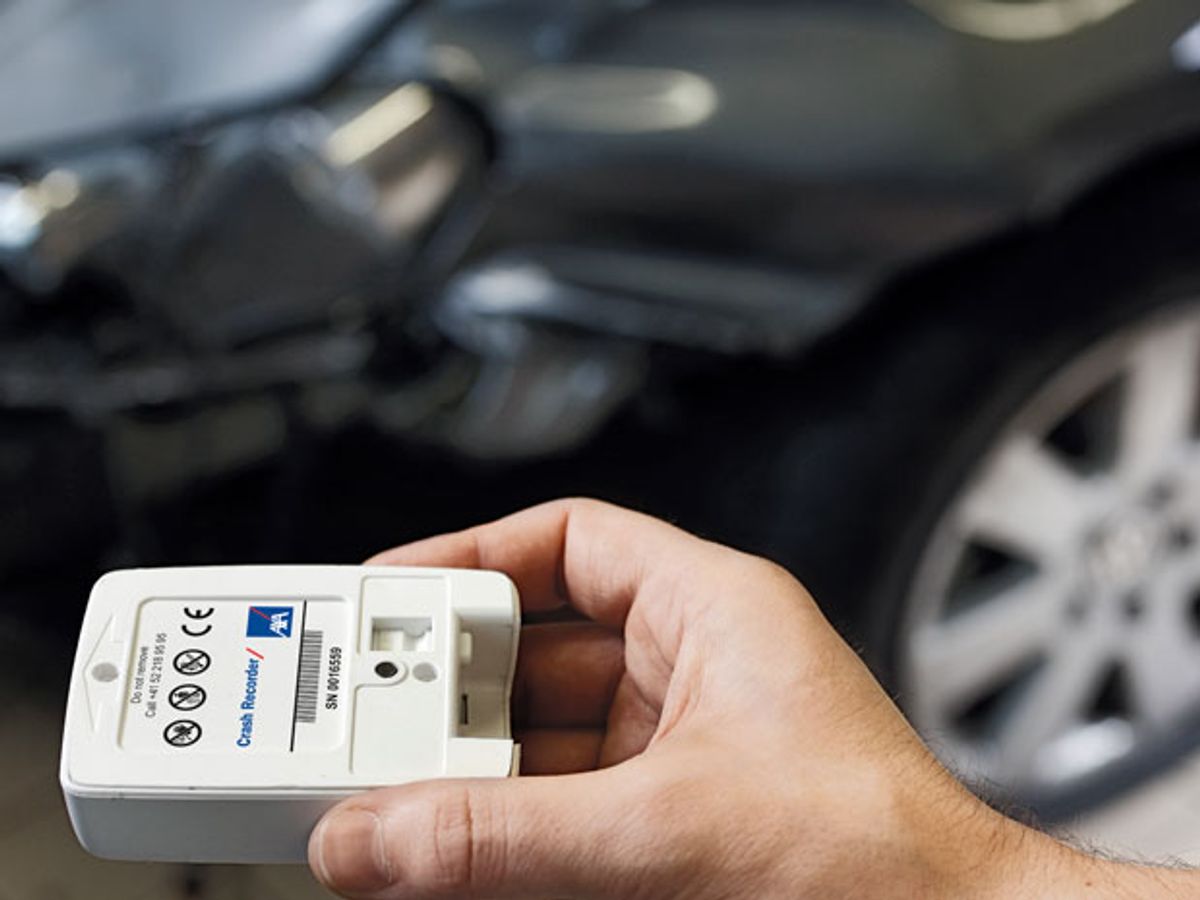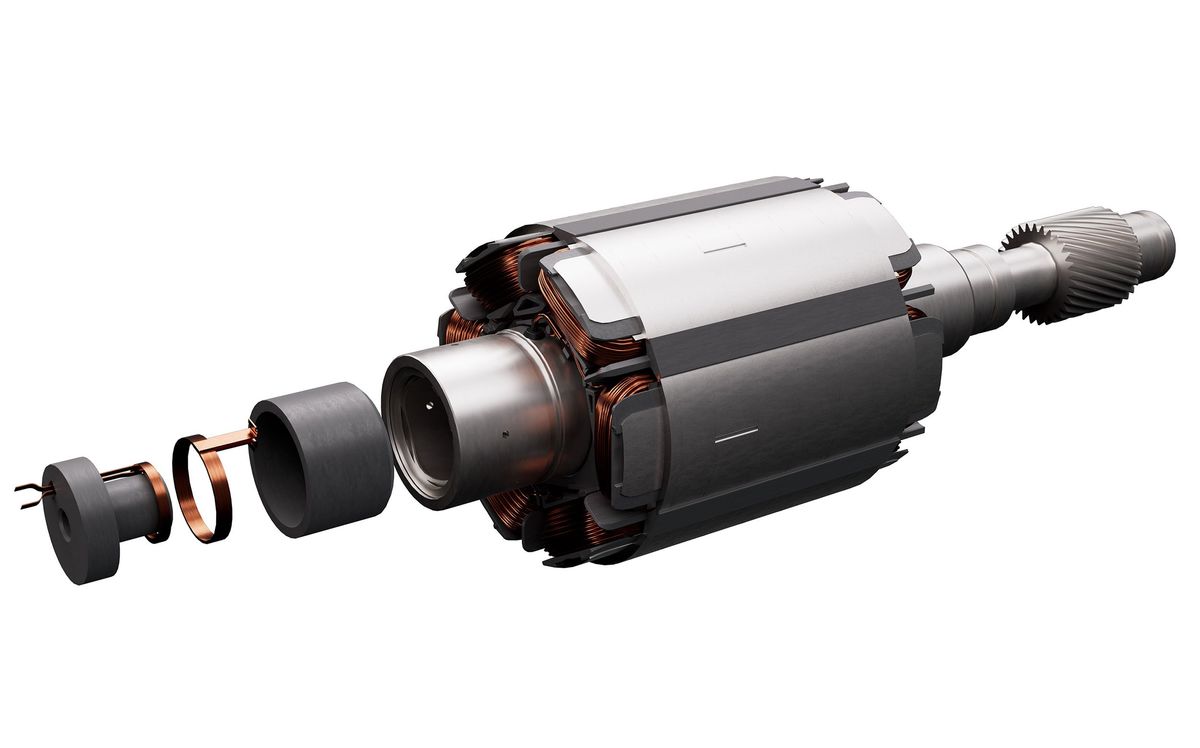Why, you may well ask, must General Motors dispatch lawyers to search junk piles for black boxes to find out whether certain GM cars crashed because of ignition-lock problems? Why not instead call up that information from the cloud?
Imagine it with me: I picture a man in a swivel chair in a subterranean lair, punching a few keys on a console and stroking a Persian cat. "Mr Bond," the man would intone, "it appears that you were driving that Aston Martin of yours just a bit over the speed limit. Quite a bit, in fact."
The man in the chair would not have a dueling scar from Heidelberg, nor would he wear a monocle. No, in my James Bond movie, he'd be played by Jim Farley, head of global marketing for the Ford Motor Company and a fine-looking fellow, as you can see from his official photo:
Here's what Farley said back in January, at the Consumer Electronic Show:
"We know everyone who breaks the law, we know when you're doing it; we have GPS in your car, so we know what you're doing," he said. "By the way, we don't supply that data to anyone."
That had the look and feel of a gaffe: that which happens when a public personage inadvertently tells the truth.
Some time later, Farley went into damage-control mode: "I absolutely left the wrong impression about how Ford operates," he said. "We do not track our customers in their cars without their approval or their consent. The statement I made in my eyes was hypothetical, and I want to clear this up."
Ford and GM and just about every major auto maker now equip their cars with multiple real-time services for such things as navigation and technical assistance. Some of these services work only if the customer opts into them. Others no doubt provide the auto maker with information they can use to improve their hardware, their software, their network services, and above all, their marketing. Right now, though, that data is confidential, which means that nobody outside the auto company can ever lay hands on it. Without a court order, that is.
Maybe the Cloud-borne data isn't quite so detailed as the stuff that's right on a car's black box, a.k.a. its event recorder. So what? Evidence that can be gathered from thousands of cars at the touch of a button is nothing to laugh at. Nor is it necessarily something to be afraid of, if it has the effect of making our cars safer and our drivers saner.
Flight accident investigators depend on every drib and drab of cloud-based data until they find an airliner's black box. Witness the case of the wayward Malaysia Air Flight 370. It can be done much better here on land.
Philip E. Ross is a senior editor at IEEE Spectrum. His interests include transportation, energy storage, AI, and the economic aspects of technology. He has a master's degree in international affairs from Columbia University and another, in journalism, from the University of Michigan.




